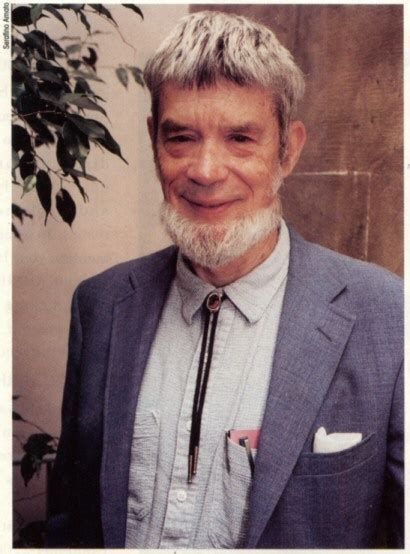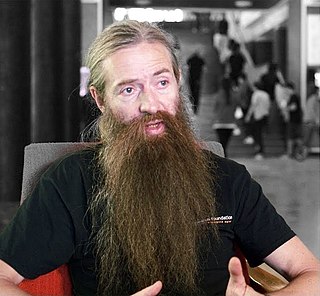A Quote by H. G. Wells
Biologically the species is the accumulation of the experiments of all its successful individuals since the beginning.
Related Quotes
Probably the most pervasive false belief most of us harbor is the fallacy that only some superhuman act would have the power to turn our problems around. Nothing could be further from the truth. Life is cumulative. Whatever results we're experiencing in our lives are the accumulation of a host of small decisions we've made as individuals, as a family, as a community, as a society, and as a species.
An Individual, whatever species it might be, is nothing in the Universe. A hundred, a thousand individuals are still nothing. The species are the only creatures of Nature, perpetual creatures, as old and as permanent as it. In order to judge it better, we no longer consider the species as a collection or as a series of similar individuals, but as a whole independent of number, independent of time, a whole always living, always the same, a whole which has been counted as one in the works of creation, and which, as a consequence, makes only a unity in Nature.
Acoustic ecology is the study of information systems: the shared acoustic environment and how species send and receive messages in this shared acoustic environment. What these messages mean - meaning, what are the consequences and the changes of behavior in any species. And it has as much to do with us individually and biologically as it does with the shaping of cultures and beliefs.
From the point of view of the species, death is part of this whole process. You could say that species have evolved in such a way that individual members last a certain time. Perhaps a certain kind of species would be better able to survive if the individuals didn't last too long. Other kinds could last longer.
The most successful social media experiments-whether spearheaded by one person, a group of individuals, a company, or an institution-invite you in, treat you as a friend, and make you feel at home. Look around, they say, and tell us how we can make things better; get to know us. Get involved and tell us what you think.
It is an error common to many to take the character of mankind from the worst and basest amongst them; whereas, as an excellent writer has observed, nothing should be esteemed as characteristical, of a species but what is to be found amongst the best and the most perfect individuals of that species.



































